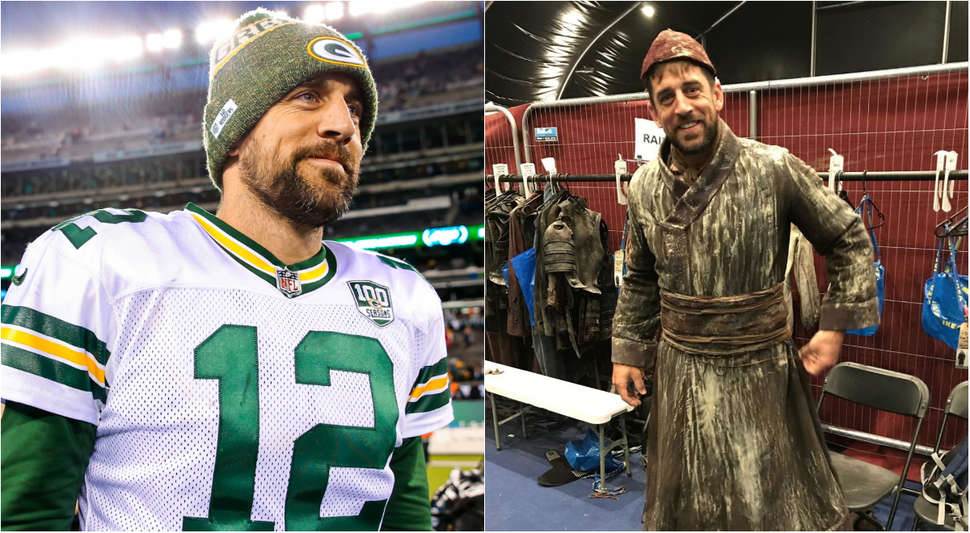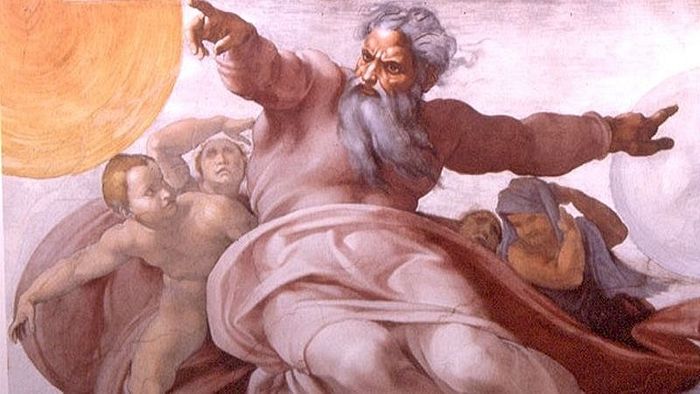SPOILERS FORTHCOMING!!!
This week I was once again glued to my television screen as the latest episode of Game of Thrones unfolded. It was riveting television. It had great action, some long-awaited revenge, and it even had a celebrity cameo.

I know there have been grumblings about the character arcs for some of our favorite heroes and villains, but I thought the storytelling was excellent.
The show has consistently posed the age-old existential question human beings have wrestled with since our earliest recorded writings. What happens when human beings strive for and ultimately achieve absolute power? So, it should come as no surprise that another character we loved took a hard turn toward evil. We witnessed what can happen when even the most virtuous of human beings ascend to power.
However, that’s not why I chose to write a second piece about GOT. Although there are plenty of ethical tensions and social commentary to pull from within the show every week, I’d like to focus on how much last night’s episode reminded me of the portion of the Bible most commonly referred to as the Old Testament.
Perhaps you watched in horror as Danny rode her dragon into Kings Landing and slaughtered innocent women, children, and animals. It was hard to watch a hero turn into a villain in front of our eyes. For the last seven years (less if you’ve binged watched recently), we’ve all rooted for Daenerys Targaryen. She seemed to be the most fitting to sit on the iron throne and rule Westeros. Sure she’s shown flashes of rage and has pretty regularly been restrained by her trusty advisors against her worst instincts, but she’s been portrayed as a liberator. She is after all the “breaker of chains.” This liberator with supernatural powers and a benevolent disposition toward humanity turned heel and destroyed an entire city? How could she?
I guess she’s not who we thought she was because there is NO WAY a righteous ruler could ever act the way she did. If she were indeed an advocate of justice and peace, she would never give in to vengeance and petulance. Only tyrants and dictators destroy their enemies in a literal blaze of firey rage – only tyrants, dictators and God.

If you have ever read any of the Old Testament prophets, chances are you’ve come across some moments where the Hebrew God, in his fury, destroyed or commanded the destruction of entire civilizations. He took credit for the annihilation of Sodom and Gamorrah, Jericho, and several other tribes of men that didn’t bend the knee to him. Men, women, and children were burned, stoned, and drowned as God’s justice was making its way across the world.
According to the writer of Exodus, God killed every firstborn son of the Egyptian people because one man refused to let his people go, but somehow that story is told in a relatively positive light. I’ve never seen anyone talk about God’s actions in Egypt with even the slightest sense of angst about how God acted in that story.
I suppose most people who believe in God believe that God is incapable of committing evil. So, if God acts in a certain way – even if it seems like that action is evil, it can’t be because God can only act righteously. Many people believe that in times past God commanded armies to kill innocent people, but those same people would be horrified if someone claimed that the God they worship made the same command today. I hope we would all be horrified. That feeling of horror is the same feeling we had watching Danny burn down Kings Landing. It was the horror of contrasting ideas. How can justice and merciless vengeance ride on the back of the same dragon? Judgment without mercy and compassion is not justice.
Danny acted like the God of Exodus. She wiped out an entire city because Cersei refused to let her people (Missandei) go. After losing her dragon and her closest friend, she lost it. She was filled with righteous indignation toward people whose only crime was being ruled by an evil ruler. If that’s not Biblical storytelling, I don’t’ know what is.



I wouldn’t say that the Exodus story was posed necessarily in a positive light. Also, how many chances did God give that one man to let the Israelites go? Pharaohs heart was hardened because of his hatred, and that was the cause of what happened. I also think had Pharaoh complied then this plague wouldn’t have happened, whereas the city in this episode surrendered, and yet no mercy was given!
Man…I LOVE (HATE) how you leave us stewing in the tension of inconvenient truth without giving us a way out. 😂
I believe the most redemptive trait about God’s goodness/morality is the subjective nature of it. As long as God (or Dany) has never torched a friend, or a family homestead, then his goodness remains intact…in my subjective opinion.
Great read. Incredible perspective!